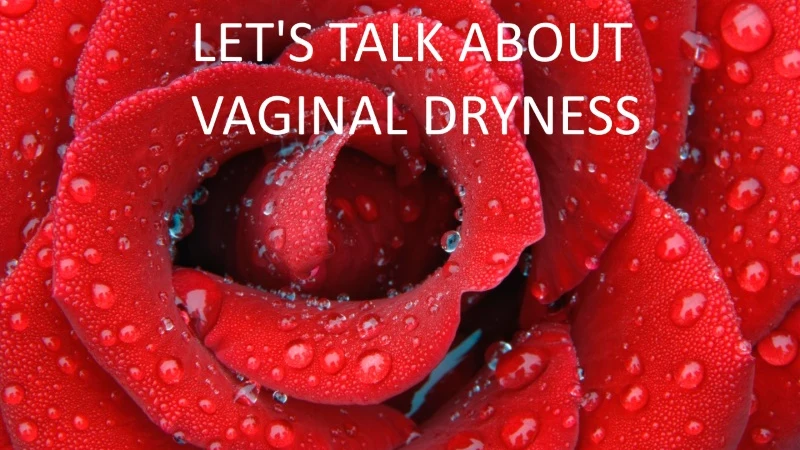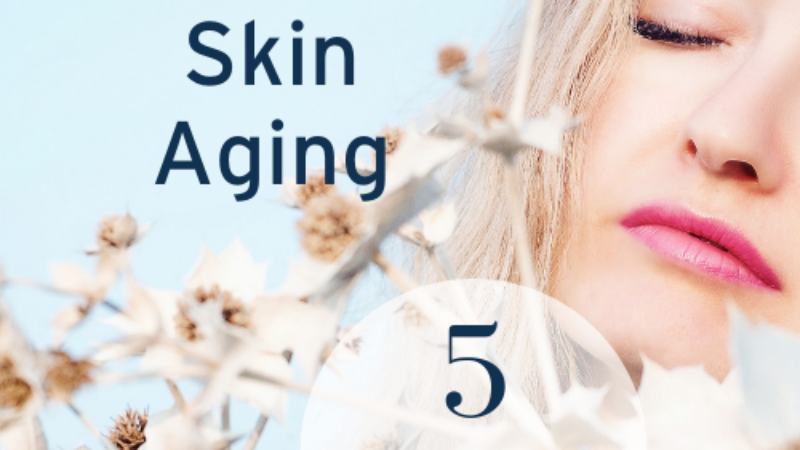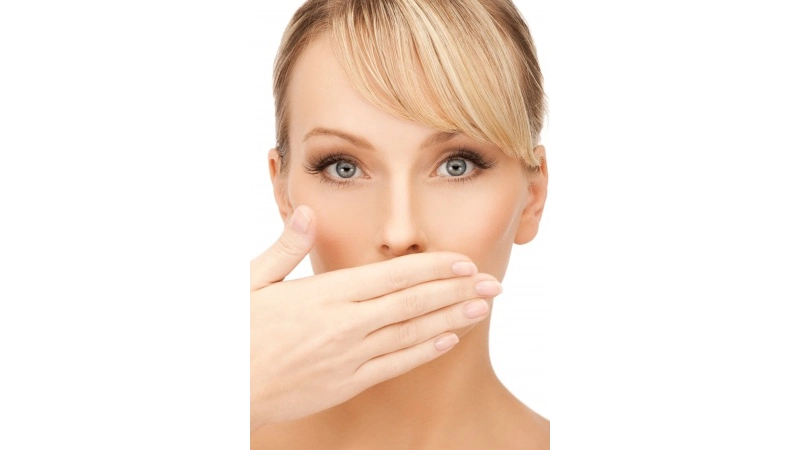Vaginal dryness may not be a “say it loud and say it proud” kind of phrase, but it is a problem that many women experience at any age, but particularly as they get older. It’s estimated that 30% of women experience vaginal dryness during perimenopause (the lead up to menopause) and this increases to over 50% after menopause when production of the hormone, estrogen decreases substantially. Estrogen, an important female hormone, helps to keep vaginal tissue healthy by maintaining normal vaginal lubrication, tissue elasticity and acidity. Certain medical conditions or hygiene practices may also contribute to the condition.
Although frequently associated with menopause, vaginal dryness can occur at any time of life when estrogen levels fluctuate. Breastfeeding, radiation or chemotherapy or other and certain medications may all be responsible. Severe vaginal dryness may lead to vaginal atrophy, a condition which involves thinning, drying and inflammation of the vaginal walls. Both vaginal dryness and vaginal atrophy can have a severe impact on a woman’s physical and emotional well being leading to painful intercourse and distressing urinary symptoms. While we openly talk about menopausal hot flashes, irritability, forgetfulness and insomnia, vaginal dryness, vaginal atrophy and sexual disinterest still seem to be topics that do not precipitate frank and candid discussions. This, despite the quality of life impact it can have on the women affected by it.
Vaginal Dryness Treatments
Both conditions can and should be treated and thankfully, options are available:
- Lubricants. Readily available at your local pharmacy or online, vaginal lubricants work by reducing the friction associated with thin, dry genital tissue. They come in liquid or gel form and should be applied to the vagina and vulva (and, if desired, to a partner’s penis) right before sex. Lubricants are designed to be immediate-acting, are not absorbed into the skin and provide temporary relief from vaginal dryness and painful sexual intercourse. They are ideal for women whose vaginal dryness is an issue primarily during intercourse.
Lubricants may be water-based, silicone-based, or oil-based. The choice is a matter of personal preference but it’s important to keep in mind that oil-based lubricants are not suitable for use with condoms as they may break. Polyurethane condoms do not break with oil-based lubricants. - Vaginal Moisturizers. Similar to lubricants, vaginal moisturizers work by reducing friction that may lead to pain during intercourse. Unlike lubricants, however, moisturizers are absorbed into the skin and adhere to the vaginal lining in a way that mimics natural secretions. Moisturizers should be applied regularly (not just during intercourse) as their effects are longer lasting – up to 3 – 4 days.
Because moisturizers maintain vaginal moisture and acidity, they are particularly appropriate for perimenopausal and menopausal women who experience vaginal dryness including irritation and burning that are not limited to sexual activity. Women who regularly use moisturizers may still need a lubricant before sex, for additional lubrication and comfort.
Women may need to experiment with several products before finding a moisturizer or lubricant that is best for them. A PhaMix, we stock a range of treatments for vaginal dryness including:
- Apothekari More Than Lip Service Vaginal Moisturizer. Provides fast and long-lasting hormone-free relief from the burning, itching & pain associated with vaginal atrophy, vulvar and vaginal dryness. It hydrates and rejuvenates, immediately alleviating dryness symptoms, then goes on to provide soothing moisture for long lasting relief.
- Good Clean Love. Available in both Almost Naked Personal Lubricant and Restore Moisturizing Gel
- Yes Organics. Including Yes Oil Based Lubricant , Yes Water Based Lubricant and Yes Vaginal Moisturizer.
- Gynatrof Gel. A non-hormonal vaginal lubricant in convenient gel form that improves hydration, relieves and treats vaginal atrophy and its underlying symptoms.
- Zestica. Natural-feel lubricant specially formulated with two types of hyaluronic acid molecules for instant relief and longer-term moisture.
• RepaGyn Ovules. Hormone-free nightly treatment that helps relieve dryness and promote healing of vaginal tissue. - Damiva. This brand offers two products: Cleo Labial Moisturizing Cream and Mae Vaginal Moisturizer.
You can help to alleviate the symptoms of vaginal dryness with simple changes to your routine:
- Stop using soap on the inner parts of your vulva – clean water or appropriately formulated vaginal washes (like Yes Organics Intimate Washes) are better options.
- Use only white unscented toilet paper
- Wash your underwear in detergents without dyes and perfumes, and
- Avoid fabric softeners and anti-cling laundry products.
- Lotions and perfumed products should not be applied to the inner vulva as well.
If you experience more severe vaginal dryness and related pain, or if lubricants and moisturizers don’t work well for you, see your healthcare provider for help with diagnosis and treatment. Together, you can discuss prescription options including low-dose vaginal estrogen therapy, hormone pills or patches. And, your doctor can help to rule out anything more serious. Effective treatments for vaginal dryness and vaginal atrophy are available today and there’s no reason for any woman to live with the discomfort.




